-96%
Bone Pathology: A Comprehensive Review
Understanding Bone Morphology and Cellular Biology
Bone pathology involves a thorough comprehension of the cellular components and structural characteristics of bone tissue. This understanding begins with analyzing the morphology and cellular biology of osteoblasts and osteoclasts. Osteoblasts, responsible for bone formation, contribute to the matrix deposition process that builds and repairs bone. Conversely, osteoclasts are involved in bone resorption, breaking down and releasing minerals and matrix components.
Skeletal System Development and Growth
The skeletal system undergoes remarkable growth and development throughout an individual’s life. This involves an intricate interplay of processes, including mineralization, remodeling, and growth plate maturation. The program provides valuable insights into the mechanics of bone creation, development, growth, and remodeling processes, enabling attendees to appreciate the dynamic nature of the skeletal system.
Recognition and Diagnosis of Bone Tumors
Bone pathology involves the recognition and accurate diagnosis of bone tumors, both benign and malignant. The program addresses a comprehensive range of benign bone tumors, such as osteomas, osteoid osteomas, and enchondromas, as well as their malignant counterparts, including osteosarcomas, chondrosarcomas, and Ewing’s sarcomas. This knowledge helps pathologists and other medical professionals establish appropriate differential diagnoses and guide further diagnostic investigations.
Comprehensive Evaluation of Bone Diseases
The program encompasses metabolic bone diseases, such as osteoporosis and Paget’s disease. Attendees will gain familiarity with the pathologic manifestations of these disorders, expanding their understanding of how they impact bone health. Additionally, the program covers joint diseases, providing insights into conditions such as rheumatoid arthritis and osteoarthritis, enriching the participants’ diagnostic capabilities.
Utilization of Ancillary Studies
Ancillary studies play a crucial role in bone pathology, aiding in the accurate diagnosis of bone lesions. The program emphasizes the appropriate utilization of imaging modalities, such as X-rays, CT scans, and MRI, as well as molecular techniques, including immunohistochemistry and molecular diagnostics, to supplement histological findings.
Target Audience and Estimated Time to Complete
This comprehensive program is designed for residents, fellows, and practicing physicians in surgical pathology, radiology, and orthopaedic surgery. With an estimated time to complete of 13.5 hours, attendees can delve deeply into the intricacies of bone pathology, enhancing their diagnostic accuracy and management of bone-related disorders.


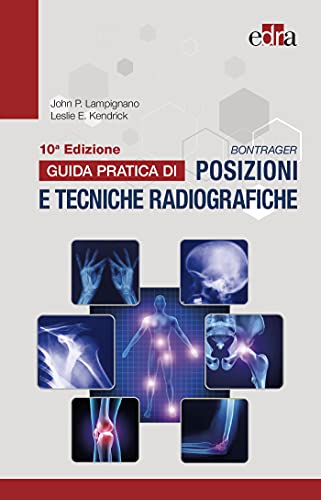
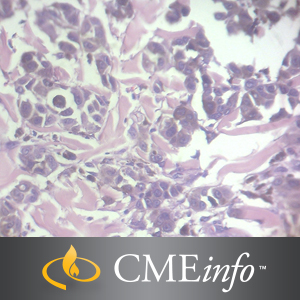
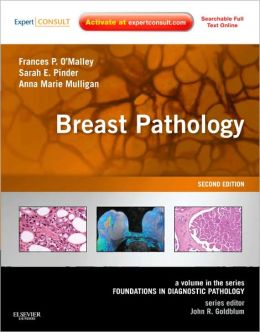
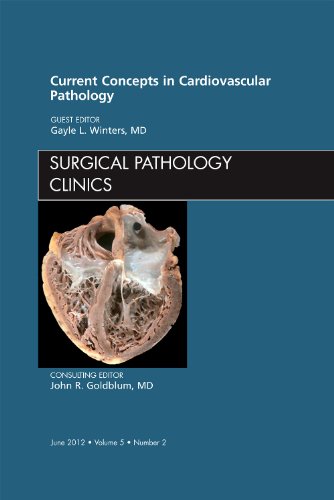
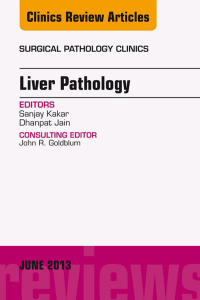
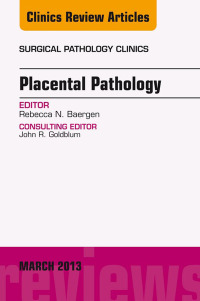
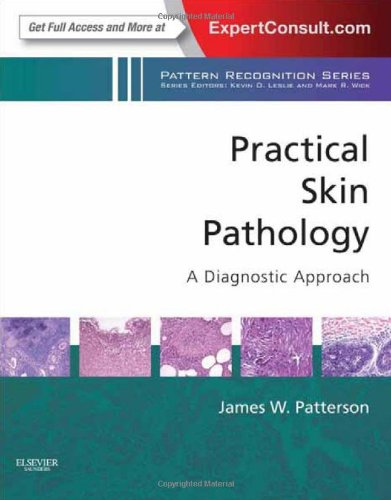
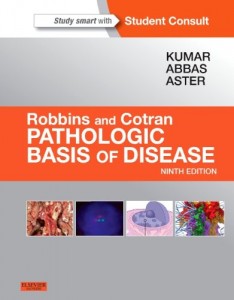
Reviews
Clear filtersThere are no reviews yet.